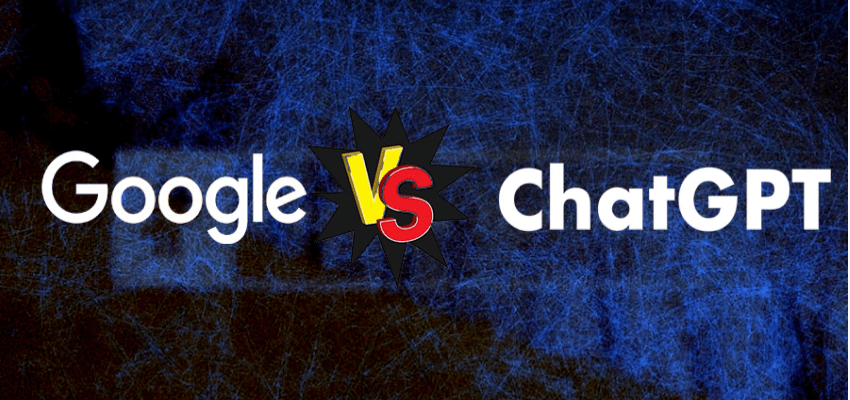Is ChatGPT Better Than Google
ChatGPT and Google are both powerful tools, but they serve different purposes. ChatGPT is an AI language model developed by OpenAI that is trained to generate human-like text based on its input, while Google is a search engine that helps users find relevant information on the internet.
Understanding ChatGPT
What is ChatGPT?
It is a pre-trained transformer-based language model developed by OpenAI. It’s capable of generating natural language responses to a wide range of topics and has been trained on a massive dataset of over 8 million web pages and 45 terabytes of text.
How does ChatGPT work?
It works by analyzing the input text, predicting the next word based on the previous words, and generating a response based on the context and pattern. If you want to study in detail click here.
Understanding Google
What is Google?
Google is a search engine that helps users find relevant information on the internet. Google is the world’s most widely used search engine and is available at no cost.
How does Google work?
Google works by crawling billions of web pages, indexing the information, and ranking the pages based on their relevance to the search query. When a user searches for something on Google, the search engine returns a list of results that match the user’s query.
Comparing ChatGPT and Google
Speed and efficiency
Google is faster and more efficient in returning relevant information to the users compared to ChatGPT, which may take time to generate a response.
Relevance and accuracy
Google is more accurate and relevant in its information as it is trained on a vast dataset covering the internet, whereas ChatGPT relies on a limited data set.
Natural language generation
ChatGPT is better at generating human-like text compared to Google, which mainly returns results based on keywords.
Purpose
Google’s purpose is to provide relevant information to users, while ChatGPT’s purpose is to generate human-like text.
Use cases of Chat GPT
Customer service
It can be used to provide customer support by generating natural language responses to customer inquiries.
Content creation
It can be used to generate articles, blog posts, and other forms of content.
Personalized recommendations
ChatGPT can be used to generate personalized recommendations based on user preferences and behaviour.
Use cases of Google
Information search
Google can be used to search for information on a wide range of topics, including news, maps, images, videos, and more.
Knowledge discovery
Google can be used to discover new knowledge by searching for articles, academic papers, and other forms of information.
Business research
Google can be used to research businesses, including their products, services, financials, and more.
Limitations of ChatGPT
Lack of context
ChatGPT may not always understand the context of the input text, leading to irrelevant or nonsensical responses.
Bias
ChatGPT is based on a limited data set, potentially exposing it to biases. This can result in biased responses from ChatGPT.
Limited dataset
ChatGPT is based on a limited data set and may not always have access to the latest or most accurate information.
Limitations of Google
Relying on keyword matching
Google’s search results may not always be relevant because it primarily relies on keyword matching.
Lack of personalization
Google’s search results do not cater to a user’s specific preferences or requirements.
Advertising bias
Google’s search results tend to favour paid advertisements, leading to a display of less relevant information.
Conclusion
In conclusion, both have their strengths and weaknesses. While Google is better at providing relevant information, ChatGPT is better at generating human-like text. It’s best to use both tools in conjunction to get the best results.


